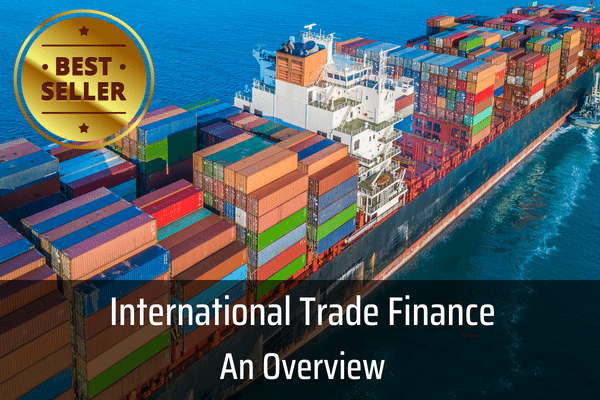There are no items in your cart
Add More
Add More
| Item Details | Price | ||
|---|---|---|---|
The Financial Action Task Force is the global money laundering and terrorist financing watchdog. It was established in 1989 and is based in Paris. It sets international standards to ensure that countries can tackle illicit funds, linked to drugs trafficking, the illicit arms trade, cyber fraud and other serious crimes.

Source: FATF
The FATF provides a list of 40 recommendations, divided into seven distinct areas with an aim to provide a comprehensive framework of measures, to help countries tackle illicit funds.
The recommendations provide a risk-based approach, which emphasizes the need for countries to identify and understand the money laundering and terrorist financing risks they are exposed to. It regularly updates and refines its Recommendations so that countries have up-to-date tools to go after criminals.
The FATF monitors countries to ensure they implement its Standards fully and effectively. In total, more than 200 countries and jurisdictions have committed to implement the FATF’s Standards and they are assessed regularly.
The FATF holds countries to account that do not comply with its Standards. If a country repeatedly fails to implement the Standards, then it can be named a Jurisdiction under Increased Monitoring, commonly known as the Grey list or a High Risk Jurisdiction, also known as the Black list. (Check details and complete lists here)
When the FATF places a country under increased monitoring, that is, in the grey list, it means the country has deficiencies to counter money laundering, and it must eradicate the deficiencies within agreed time frames and FATF will keep on monitoring its progress.
When it places a country in the blacklist, it means the country has serious strategic deficiencies to counter money laundering, terrorist financing etc. By putting a country on the blacklist, FATF basically identifies that country as a high-risk one, and sets an alarm for all other countries to deal with the blacklisted country with enhanced due diligence.
In the most serious cases, FATF may also ask all other countries to apply counter-measures to protect their own economy from the ongoing money laundering and terrorist financing that can arise from the blacklisted country.
For example, FATF recently moved Myanmar to the black list, due to failure to adhere to its recommendations. This means, all countries doing financial transactions with Myanmar must do enhanced due diligence. This includes obtaining additional information on the customer, the intended nature of the business, source of funds, approval of senior management to commence or continue the business relationship etc.
For example, after this blacklisting of Myanmar, Indian banks now follow enhanced due diligence, and need additional approval to issue letter of credit, bank guarantee, or to do export bill discounting or bill negotiation, in international trade related to Myanmar. This can severely affect the economy of Myanmar, as banks as well as multinational companies who are involved in any form of business with Myanmar, will be apprehensive to undertake risks of financial transactions with Myanmar.
This will reduce the inflow of funds to Myanmar, thus weakening the country's economy. Many bank and financial services would be likely to avoid servicing accounts linked to Myanmar, rather than undertaking the additional paperwork that the 'enhanced due diligence' that a FATF blacklist country requires. Thus, not only business transactions, but it would make it much harder for the Burmese people to open or maintain a bank account or access financial services for any international transaction.
Such are the implications of blacklisting a country by FATF.
WANT TO READ MORE?
Already signed up/ logged in? Then you are all set!

Easy Explanation of International Trade Payment Methods like LC, Collections, BG etc and Incoterms 2020

Types & Uses in International Trade | URDG 758 & ISP 98 - Main Points | Clauses & Examples | Related SWIFT Messages

Jump start your Trade Finance career with this 4-in-1 course package - Trade Finance Overview, Letter of Credit, Bank Guarantees and Incoterms® 2020